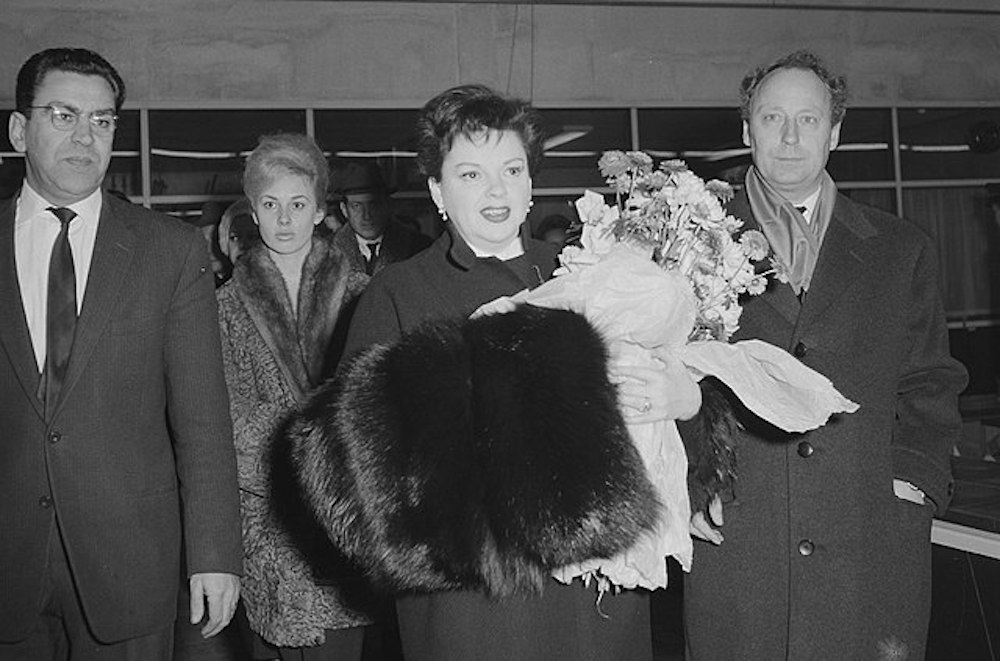
It is difficult to discuss the critically acclaimed actress and singer Judy Garland without acknowledging her complicated life. While she pushed Hollywood to new heights with her versatile acting and sweet singing voice, Hollywood pulled the actress to frightening lows.
Garland would find herself struggling from the pressures of stardom and on a psychiatrist’s couch by the age of 18. Film executives jump-started her addiction to pills and alcohol by plying her, at 16, with amphetamines to keep her energetic during the day and knocking her out with sleeping pills at night. They disparaged her looks, harassed her on set, starved her with a diet of coffee and cigarettes to stay thin, and ultimately fired her when they felt she could no longer deliver what they wanted.
It wasn’t always like that, though, and it wasn’t always bad. Born Frances Ethel Gumm to vaudevillian parents, the actress that would go on to become one of the most iconic stars of the 20th century began her performing career at the age of only two. As a child, she performed with her sisters, singing, dancing, and acting in screen shorts. There are several stories regarding her name change, but eventually, Judy Garland would become her identity.
Garland found early success with MGM by starring in several films with Mickey Rooney, including “Babes in Arm” and “Love Finds Andy Hardy.” In 1938, at the age of 17, she landed the role that she would be most known for, Dorothy Gale, in the beloved classic “The Wizard of Oz.” The film won her an Academy Award and launched her to worldwide stardom. Her last role as a juvenile was “Meet Me in St. Louis.”
As an adult, Garland made a comeback in “A Star is Born,” netting her a nomination for the Academy Award for Best Actress. She also received a nomination for Best Supporting Actress for her performance in “Judgment at Nuremberg.”
Of her musical successes, of which there are many, “Judy at Carnegie Hall” was her greatest. After a series of one-woman concerts around the world, the album would win five Grammy Awards.
Garland continued working until the age of 47, when she died from an accidental overdose. Her funeral drew 22,000 people. It has been noted that, despite the hardships she faced, Garland never once considered her own life “tragic.”
